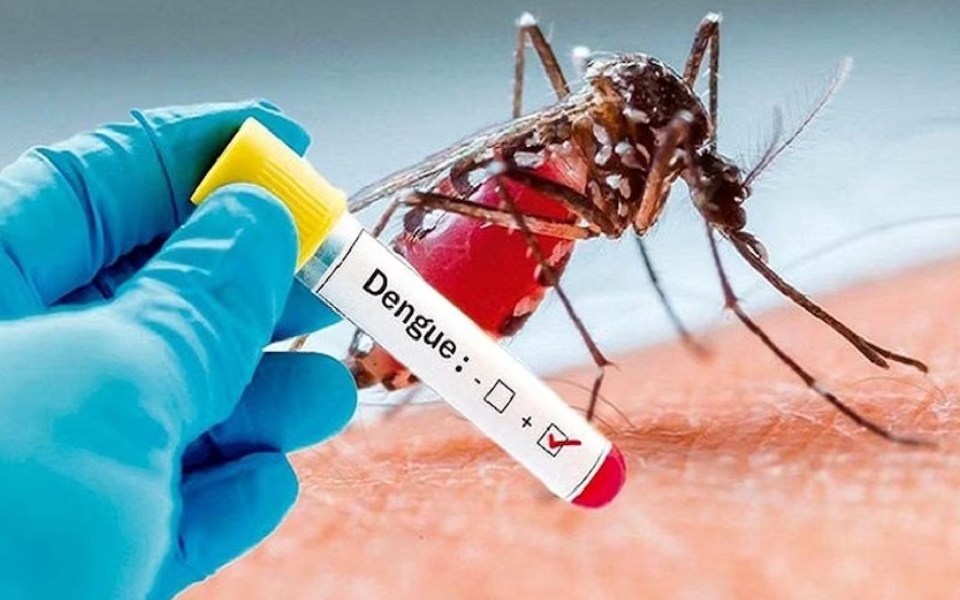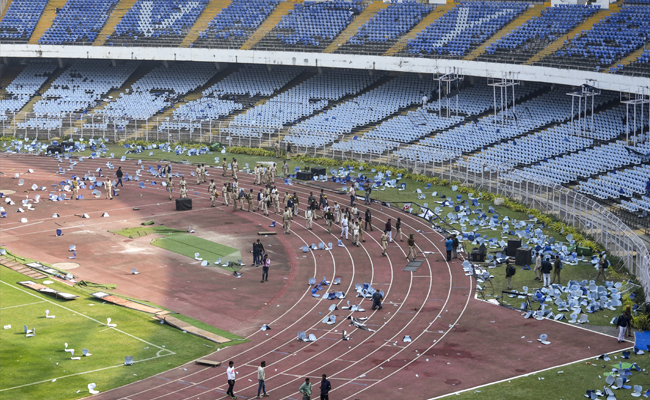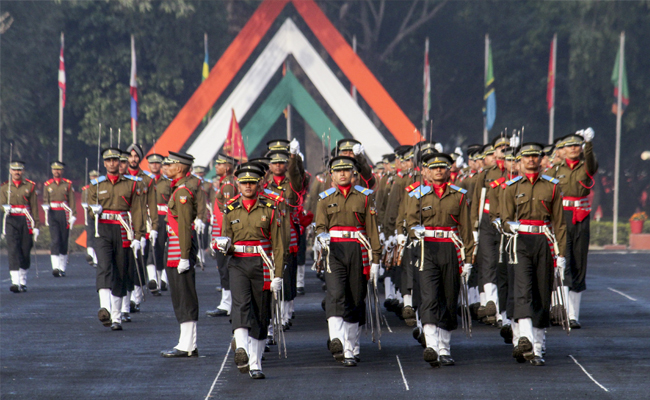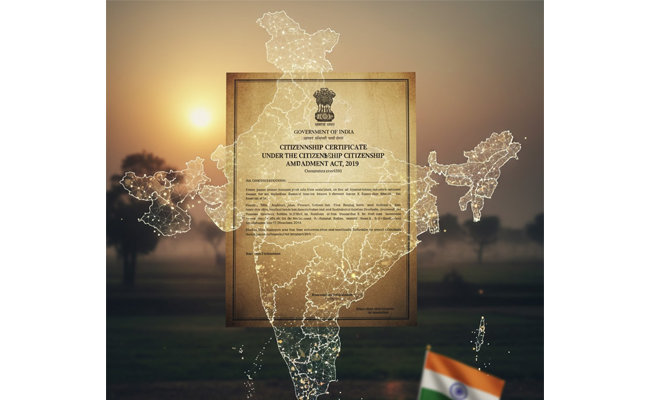Bengaluru: With Karnataka reporting an increasing number of confirmed cases of dengue, the State Health Department on Wednesday said preventive measures have been taken to control the disease from spreading further.
As of May 13, the state has reported 2,877 confirmed cases of dengue since January 1 this year, a notable increase compared to last year's figure of 1,725 during the same period. This rise is attributed to heightened screening, reporting, and testing efforts, they said.
According to officials, the mosquito-borne disease is transmitted to people through the bite of infected Aedes mosquitoes that are predominantly day biters. Given the impending monsoon season and prevalent rainfall across districts, intensified dengue control measures are imperative, they noted.
ALSO READ: Bengaluru: 21-year-old B.Tech student jumps off college building
''Symptoms typically manifest in four to ten days after a mosquito bite, presenting as high grade fever, headache, body aches and pain behind the eyeballs. In view of absence of specific treatment or vaccine, prompt symptomatic management is crucial,'' an official said.
Elaborating on the measures taken, the Health Department said a meeting under the Chairmanship of Mission Director – National Health Mission, with District Health Officers and District Vector Borne Disease Control Officers was convened to review preparedness for dengue control. Weekly meetings from the State Programme Division with District Programme Officers are also being done to oversee implementation of control measures, it was stated.
Rigorous efforts are being taken to eliminate Aedes mosquito breeding sites.
Daily house-to-house visits by health staff and ASHA (Accredited Social Health Activist) workers are also being carried out to promote ''Health Education and Behaviour Change Communication.'' Monitoring the confirmed dengue cases admitted to district hospitals and follow-up visits are also being conducted.
In water-scarce areas, awareness is created to ensure that the water collection containers are properly covered. Necessary drugs for the treatment and management of dengue cases, larvicide, and fogging chemicals for vector control are available at all levels and disseminating information on dengue control measures through various media channels are among other measures taken to combat the disease.
Observance of National Dengue Day is scheduled on May 16 with the theme ''Connect with the Community, Control Dengue,'' and accordingly, a guideline circular has been issued to conduct activities in collaboration with the community and government departments.
A meeting will be held with the heads of Resident Welfare Associations (RWAs), owners of construction areas, and owners of commercial complexes to raise awareness and persuade them about their role in dengue control, the officials said.
Advocacy workshops for Panchayat Development Officers and High School Science Teachers will also be organised to enhance cooperation in dengue control efforts, they said.
Let the Truth be known. If you read VB and like VB, please be a VB Supporter and Help us deliver the Truth to one and all.
New Delhi (PTI): Three members of a family were found dead inside their home in southeast Delhi's Kalkaji on Friday, with police suspecting it to be a case of suicide, officials said.
Police said the incident came to light around 2.47 pm when a police team reached the premises to execute a court order related to possession of the property. When repeated knocks went unanswered, the staff used a duplicate key to open the door.
Inside, officers found Anuradha Kapoor (52) and her sons, Ashish Kapoor (32) and Chaitanya Kapoor (27), hanging from the ceiling, Deputy Commissioner of Police (Southeast) Hemant Tiwari said in a statement. All three were declared dead.
A handwritten note was recovered from the room, suggesting the family had been struggling with depression.
"The handwritten note indicates emotional distress faced by the family due to which the family may have taken the extreme step," the officer said.
The bodies have been shifted to the All India Institute of Medical Sciences (AIIMS) mortuary for post-mortem and other legal formalities under Section 194 of the Bharatiya Nagarik Suraksha Sanhita (BNSS), police said.
Residents of the neighbourhood said they were shocked to learn about the deaths, adding that the family kept largely to themselves.
Pankaj Kashyap, a resident of Girinagar, said he learnt about the deaths while leaving for work. "I live and work here and was leaving for work when I saw many people standing outside and talking. That is how I got to know that three people had committed suicide. I also saw several police vehicles outside, but I do not know much beyond that," he said.
Baldev, another neighbour, said the family had been living in the newly constructed house for around two years. "We only knew that a mother and her two children lived there. They had moved into the newly built house around two years ago. We did not interact much with them. Today we heard that all three have committed suicide, and whatever we know is based on what people here are saying," he said.
Another neighbour, Ramesh Kumar, claimed the family had earlier attempted suicide.
"About fifteen to twenty days ago, the two sons in the family had attempted suicide and police and ambulances had come. That was when I first got to know who they were. I do not recognise them by face, but we saw the ambulances and police take the two sons that day. Today again we saw ambulances and police arriving, so everyone came out to see what had happened. I do not know how long they had been living here, but this is all we know," he said.
Police said they are examining the family's financial condition, social circumstances, and other factors that may have contributed to the incident. Further investigation is underway.





